Bread Varieties and Their Importance in Bosnian Cuisine
11 min read Explore the diverse bread varieties integral to Bosnian culinary heritage and their cultural significance across the region. July 10, 2025 03:05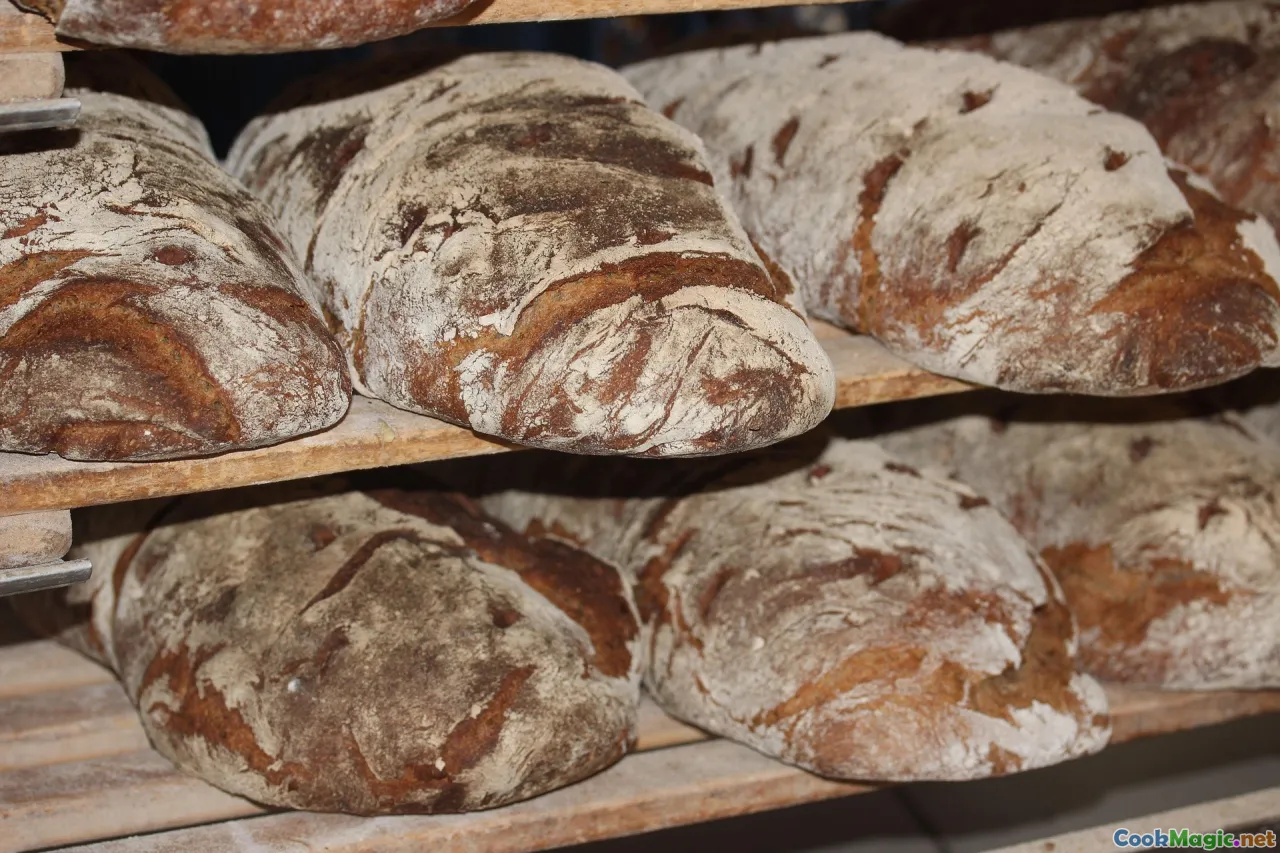
Bread Varieties and Their Importance in Bosnian Cuisine
Bosnian cuisine is a tapestry woven from centuries of history, tradition, and a profound connection to the land and its people. At the heart of this culinary universe lies bread — humble yet essential, simple yet richly symbolic. In Bosnia, bread is not merely a staple; it is a vessel of culture, a symbol of community, and a testament to centuries-old baking traditions that have been lovingly preserved and adapted through generations.
From the rustic taverns of Sarajevo to the rural villages nestled in the Herzegovina hills, every loaf tells a story. The aroma of freshly baked bread wafts through markets and homes alike, stirring memories of family gatherings, religious festivals, and everyday life. Exploring the varieties of Bosnian bread reveals not just a diversity of flavors and textures but a reflection of the people’s history, geography, and resilience.
In this article, we delve into the rich world of Bosnian bread — its varieties, their significance, and the vital role they play within the cultural fabric of Bosnia and Herzegovina. Prepare to embark on a sensory journey through crusty horizons and soft interiors, through centuries of tradition woven into every crumb.
The Classic Bosnian Flatbread: Pogača

Pogača is perhaps the most iconic of Bosnian breads. Its origins trace back to Ottoman times, but it has since become a symbol of communal sharing and celebration. This round, slightly flattened bread boasts a golden-brown crust with a soft, airy interior—an irresistible combination that balances texture and flavor.
The preparation of pogača varies across regions, but it typically involves simple ingredients: flour, water, a touch of yeast, salt, and sometimes a sprinkle of sesame or caraway seeds on top. It’s often baked in wood-fired ovens, which impart a distinctive smoky aroma that elevates the experience.
Pogača is more than a bread; it’s an integral part of festivities, from wedding feasts to religious holidays like Ramadan and Eid. During Ramadan, families break their fast with hot, freshly baked pogača, its fragrant aroma promising solace and connection.
Personal insight: I remember visiting a small village near Mostar during Ramadan, where a neighbor invited me to witness her baking. The smell of the warm bread packed with fragrant herbs and the community’s shared consumption made me understand how bread nourishes both the body and the soul.
Leptir — The Sweet Bosnian Bread
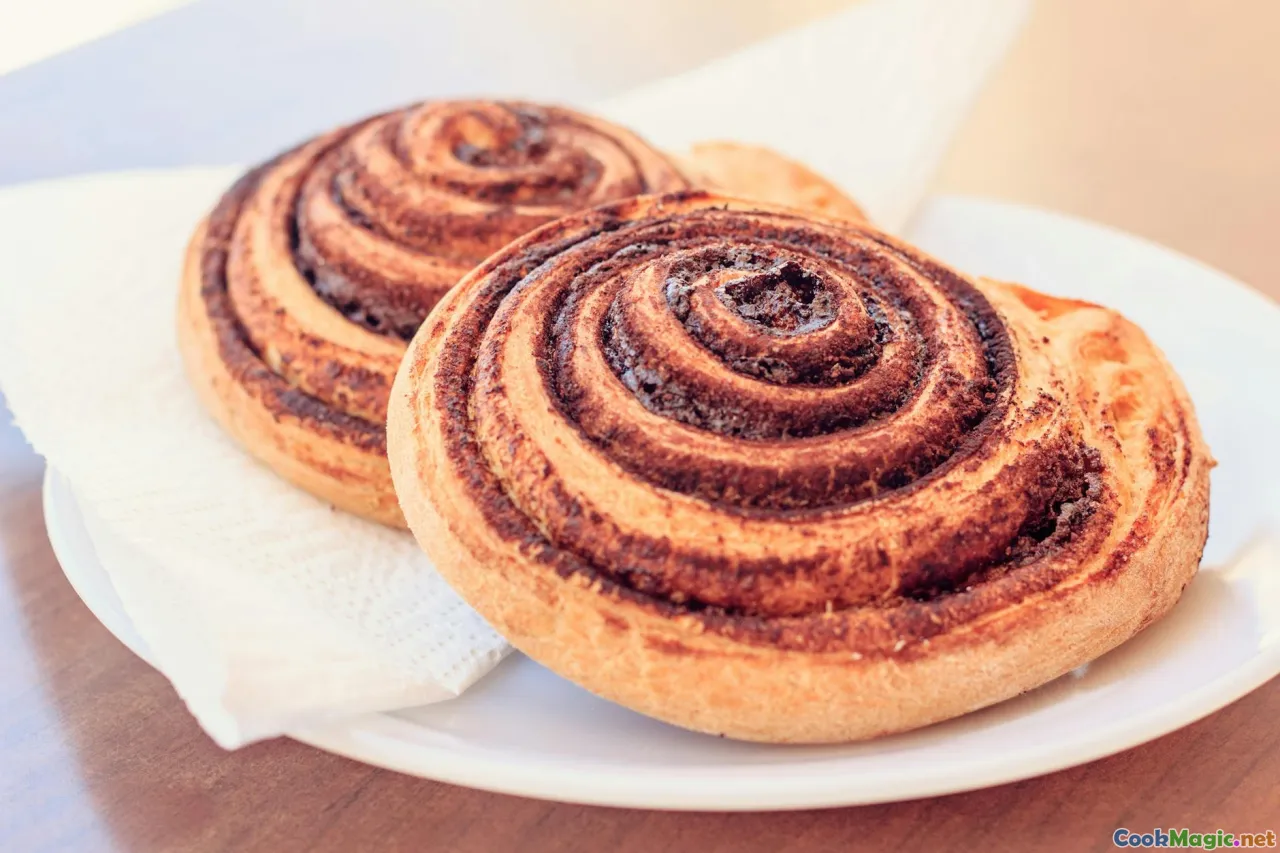
While savory breads dominate Bosnian baking, there is a delicate appreciation for sweet variations, notably the Leptir — a layered, flaky bread akin to a sweet pastry. Made with layers of thin dough brushed generously with butter and sprinkled with sugar and cinnamon, Leptir offers a crispy, melt-in-your-mouth texture.
The process of creating Leptir is labor-intensive, involving carefully rolling out the dough into thin sheets, layering them with butter, and folding repeatedly to create its signature flaky structure. Post-baking, it’s often drizzled with honey and garnished with chopped nuts.
Leptir is a festive treat, commonly served during Eid or special family gatherings, symbolizing abundance and blessing. Its fragrant scent of butter and cinnamon fills the air, evoking warmth and hospitality.
Personal insight: I had the pleasure to sit with a family in Sarajevo who handed me a steaming piece of Leptir. Every bite was a whisper of festive joy, reminding me of childhood celebrations and the deep-rooted love for layered traditions.
Somun — The Balkan Crusty Bread
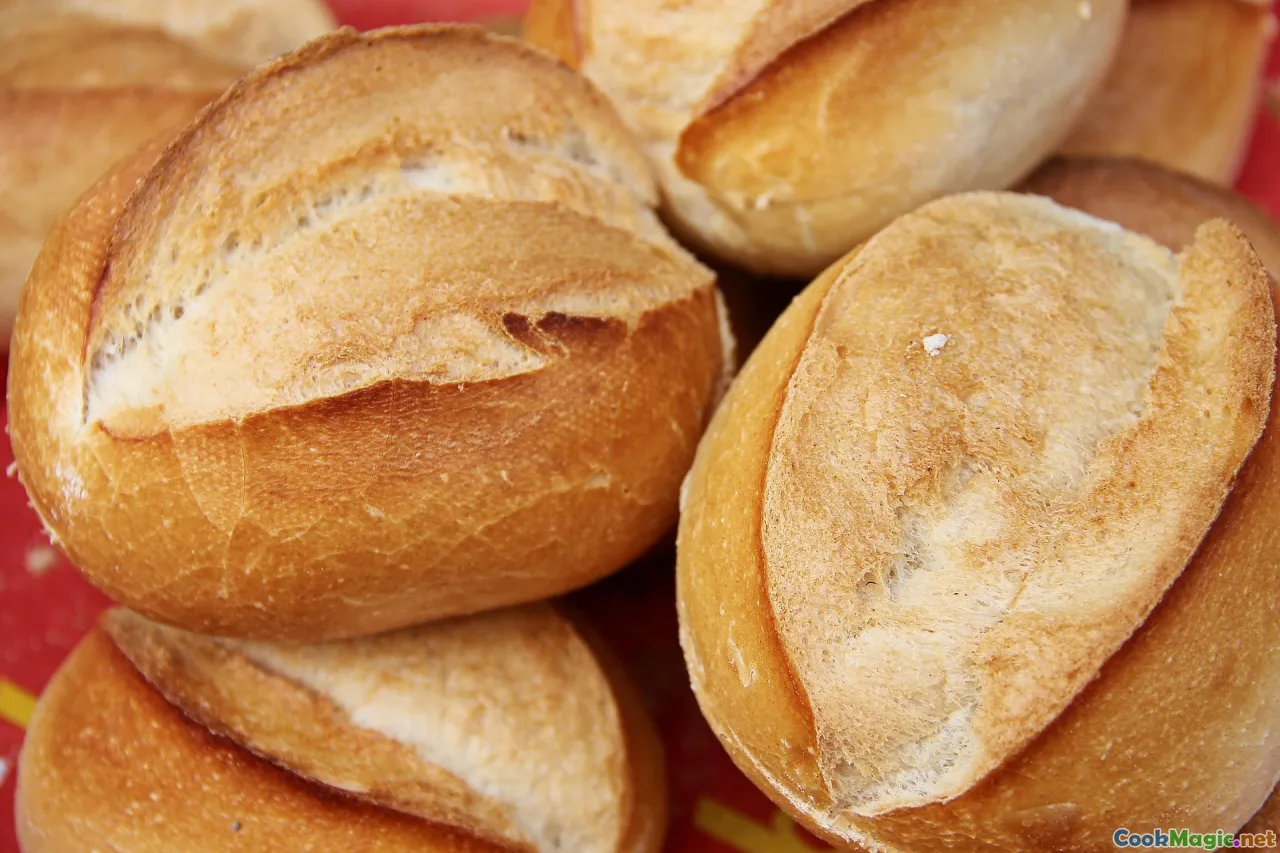
Across the Balkan Peninsula, Somun stands as a bread beloved for its crusty exterior and soft, chewy interior. Its slightly oval shape, with a thick crust crackling under pressure, makes it ideal for dipping, stuffing, or simply tearing apart.
Traditionally baked in a tanoor (clay oven), Somun’s rustic flavor comes from high oven temperatures and simple ingredients. It’s often used as a vessel for cevapi (grilled minced meat), kebabs, or turšija (pickled vegetables). The aroma of baking Somun, fresh from the oven, signals a communal meal about to commence.
In Bosnia, this bread is often found in street markets and local bakeries, where the baker’s skill balances the dough’s elasticity with proper baking time. Its versatility means that a loaf quickly becomes the centerpiece of any Bosnian table.
Comparison: Unlike the softer Pogača or the flaky Leptir, Somun’s texture provides contrast — a bread that holds fillings or tears apart easily, emphasizing its role as both a food carrier and a snack.
Traditional Baking Techniques and Cultural Significance
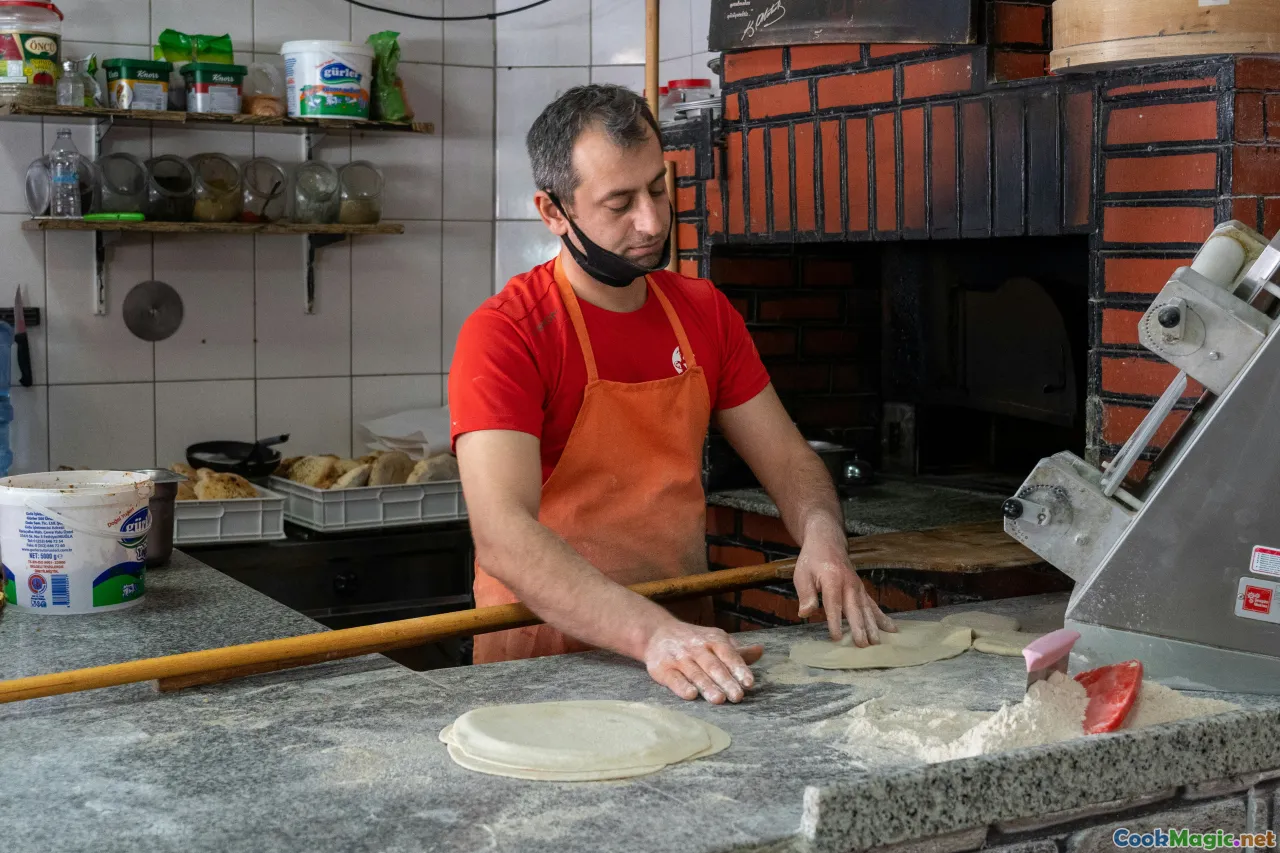
The art of bread baking in Bosnia is steeped in tradition. Many villages still rely on tanoors or wood-fired ovens, where the baker’s experience—often passed down through generations—shapes each loaf’s character. The baking process itself is a ritual, involving a communal effort, shared stories, and practices that foster bonds.
Religion and harvest cycles influence the types of bread baked. For example, during Ramadan, families prepare pogača collectively, while Easter celebrations feature special breads like 'česnica' — a round, bread with symbolic ingredients baked in communal ovens.
The importance of bread transcends mere sustenance; it is a tangible expression of identity and hospitality. When guests visit a Bosnian home, offering bread and a sip of rakija is customary—an acknowledgment of your valued presence.
Tip: To recreate some Bosnian magic at home, consider baking your own flatbread using a hot skillet or oven, blending patience with traditional techniques like kneading dough with a small amount of sourdough starter for depth of flavor.
Modern Innovations and Preserved Traditions

While centuries-old recipes remain at the core of Bosnian baking, modern bakeries and culinary artisans are blending tradition with innovation. Some experiment with whole grains, seeds, and natural fermentation, elevating classical breads to contemporary artisanal standards.
For instance, Sarajevo’s 'Bakar' bakery combines traditional methods with organic ingredients, introducing healthier options without losing authenticity. Similarly, bakers in Zenica are infusing bread with herbs like rosemary or za'atar, creating new Balkan-flavored fusion breads.
Yet, even amidst these innovations, the essence of Bosnian bread as a symbol of hospitality, resilience, and community persists. It’s always woven into the fabric of daily life—whether it's a family gathering or a street-side snack.
Concluding Thoughts: The Soul of Bosnian Cuisine in Bread
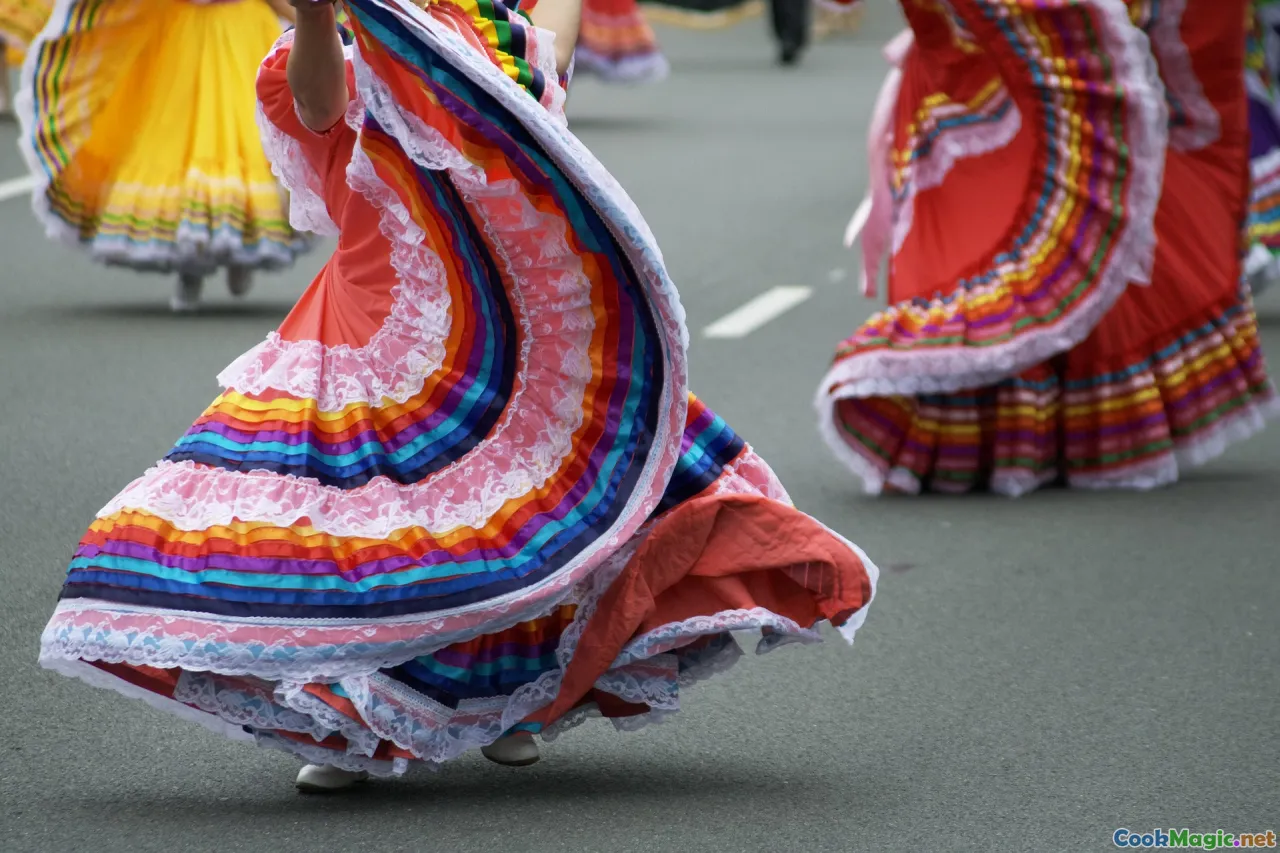
Bosnian bread varieties encapsulate much more than nourishment; they embody resilience, tradition, and shared identity. Each loaf reflects the land’s bounty, the warmth of a family gathering, and centuries of cultural exchange. Their aromas evoke stories of festivals and everyday life, connecting past and present.
As you savor these breads, whether in a bustling Sarajevo market or baking at home, remember that you are partaking in a centuries-old tradition—one that continues to nourish both body and soul. In their crusts and crumb, these breads tell the ongoing story of Bosnia’s vibrant human tapestry.
Embrace the simplicity and richness of Bosnian bread, and let each bite be a tribute to the enduring spirit of Bosnian cuisine.









